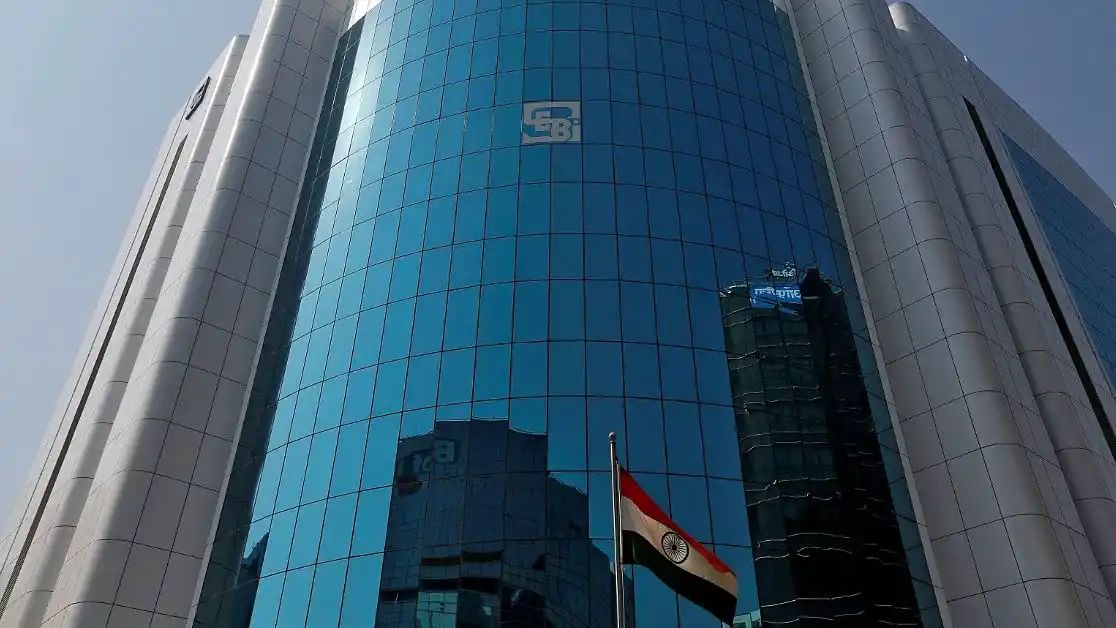Sebi extends deadline for public comments on revamp of nominations framework
The Securities and Exchange Board of India (Sebi) had placed the consultation paper to revise and revamp nomination facilities for the Indian securities market on its website on February 2 and sought comments by March 8.
Sebi bans JM Financial from acting as lead manager for public issue of debt securities
Now, it has been decided to extend the timeline for submission of comments to March 28, the Sebi said.
In its consultation paper, the regulator proposed revamping the nominations framework in a move to reduce unclaimed assets in the securities market as well as smoothen the process for claiming the assets by surviving successors of the deceased investors.
Also, it suggested revisions to nomination facilities for securities such as shares, bonds, units of REITs (Real Estate Investment Trusts), InvITs (Infrastructure Investment Trusts), AIFs (Alternative Investment Funds) and other securities held in dematerialised form and for units of mutual fund schemes that are expressed in a statement of account.
Such revamped nomination facilities will operate without affecting the prevalent systems of law governing transmission and succession rule of survivorship in case of joint holdings, when a person has died leaving a Will; and when a person has died without leaving a Will.
The regulator noted that the primary factors contributing to the increase in unclaimed assets are incomplete nominations or unavailability of nominations for financial assets in the securities markets.
This led to impacts on the consequent transmission process of the deceased making transmission an ordeal for the family or successors of the deceased.
Additionally, Sebi recommended that nominations should be made, changed or cancelled in a safe, secure, verifiable manner by using digital signatures or Aadhaar-based eSign or physical signatures of the investors or through dual authentication.
Further, nomination facilities will permit multiple nominees and be increased from the current limit of only three to two-digit or three-digit (i.e 99 or 999), which are large and sufficiently high to address the ordinary requirements of individual investors..






